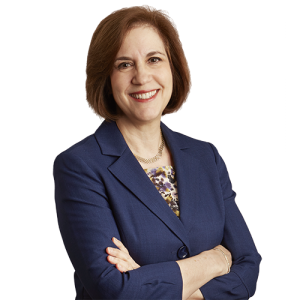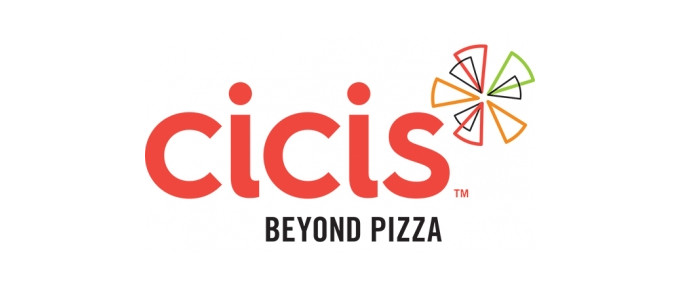What’s Next for the Overtime Rule? Little known facts help employers navigate uncertainty.
 As employers prepare for the new ruling on overtime exemptions for executive, administrative, and professional employees that makes 4.2 million Americans eligible for overtime pay under the Fair Labor Standards Act to take effect on December 1, 2016, with new salary level requirements for employees to be properly classified as exempt from earning overtime. To be deemed an employee exempt from overtime requirements, the employee must be classified as exempt. To be in an exempt status, there are several “tests” for qualification. Most exempt job categories require an exempt employee to be paid a minimum amount of salary. Currently that salary level is $23, 660 (which all agree is too low). The Department of Labor has issued a revised regulation to set the new minimum salary level qualification at $47, 476. The change is effective 12/1/16 – and as the House passed a GOP-backed bill last week to delay the rule for six months, President Obama threatens to veto the Regulatory Relief for Small Businesses, Schools and Nonprofits Act.
As employers prepare for the new ruling on overtime exemptions for executive, administrative, and professional employees that makes 4.2 million Americans eligible for overtime pay under the Fair Labor Standards Act to take effect on December 1, 2016, with new salary level requirements for employees to be properly classified as exempt from earning overtime. To be deemed an employee exempt from overtime requirements, the employee must be classified as exempt. To be in an exempt status, there are several “tests” for qualification. Most exempt job categories require an exempt employee to be paid a minimum amount of salary. Currently that salary level is $23, 660 (which all agree is too low). The Department of Labor has issued a revised regulation to set the new minimum salary level qualification at $47, 476. The change is effective 12/1/16 – and as the House passed a GOP-backed bill last week to delay the rule for six months, President Obama threatens to veto the Regulatory Relief for Small Businesses, Schools and Nonprofits Act.
Labor expert discusses little known facts about overtime wages, helping employers prepare for Overtime Rule.
- Currently, most employers believe that they have only one option: hourly rate plus 1.5 overtime premium for all hours worked over 40.
- What few people are talking about are that the regulations allow payment to non-exempt employees via salary, piece work, commission, fluctuating workweek, as well as hourly. The other alternatives do still require payment of an overtime premium, and there are different rules attached, but since 1938, those other methods have been applied and still hold.
- How most employers plan to lower the salary of their current exempt worker and give them uncertain pay each week with “guaranteed overtime” built in – which creates its own set of problems.
- Which industries are among the hardest hit (restaurant, industries that hire drivers (who may work 20 hours one week, 65 the next – depending on the flow of work), construction, and manual labor such as car washes.) all of whomhave managers who want to pay a consistent salary (not hourly based on workflow) and are struggling with how to make the budget with this new arrangement.
ABOUT KAREN ELLIOTT (Richmond, VA) Karen Elliott focuses her practice on labor and employment law and commercial litigation matters. She strives to provide practical legal advice to help employers craft reasonable business solutions for their human resource challenges. Her clients span all sizes, from start-ups to the Fortune 500, in industries ranging from nursing homes, physician practices, and health and rehab centers to construction, travel and entertainment, fast food, and retail. As a labor and employment lawyer, Karen helps clients navigate the alphabet soup of the 40 or more employment laws from the ADA, FMLA, GINA, OSHA to USERRA, and the myriad federal agencies such as DOL, EEOC, and NLRB. Because Karen is a trial lawyer, she understands the complexities involved in going to court, and helps clients work to resolve issues before they become legal issues. But as an experienced trial lawyer, she knows how to navigate agency investigations as well as courtroom drama. Karen empathizes with businesses facing difficult employment issues. She has firsthand experience from when she had to act on her own legal advice while serving as president of a not-for-profit when its business office staff walked out. She understands that the legal answer is not always the practical business solution. Karen dedicates time each day to honing her legal skills and keeping up with the fast-changing area of labor, employment, and benefits law. She has been recognized with an AV preeminent peer rating from Martindale Hubbell. This is its highest level rating for professional excellence for both ethical standards and legal experience. She is also proud to claim similar recognition fromBest Lawyers,Super Lawyers, andVirginia Business magazine’s “Legal Elite.”
ABOUT ECKERT SEAMANS Eckert Seamans Cherin & Mellott LLC has nearly 375 attorneys located in 14 offices throughout the United States, including Pittsburgh, Harrisburg, and Philadelphia, Pennsylvania; Boston, Massachusetts; Washington, D.C.; Richmond, Virginia; Wilmington, Delaware; Newark and Princeton, New Jersey; White Plains, New York; Providence, Rhode Island; Troy, Michigan; Charleston, West Virginia; and Hartford, Connecticut. The firm provides a broad range of legal services in the areas of litigation, including mass tort and products liability litigation, corporate and business law, intellectual property law, labor and employment relations, aviation law, bankruptcy and creditors’ rights, employee benefits, environmental law, construction law, public finance, real estate, tax and estate law, and trucking and transportation law.
Eckert Seamans’ practice reflects virtually every industry and segment of the country’s business. Clients include Fortune 500 companies, financial institutions, newspapers and other media, hotels, health care organizations, airlines, and railroads. The firm also represents numerous federal, state, and local governmental and educational entities. In order to provide access to legal resources that enhance our ability to serve clients’ needs around the world, Eckert Seamans is a member firm of SCG Legal, a global network of over 145 independent law firms located in 82 countries. For more information about the firm, please visit www.eckertseamans.com.








